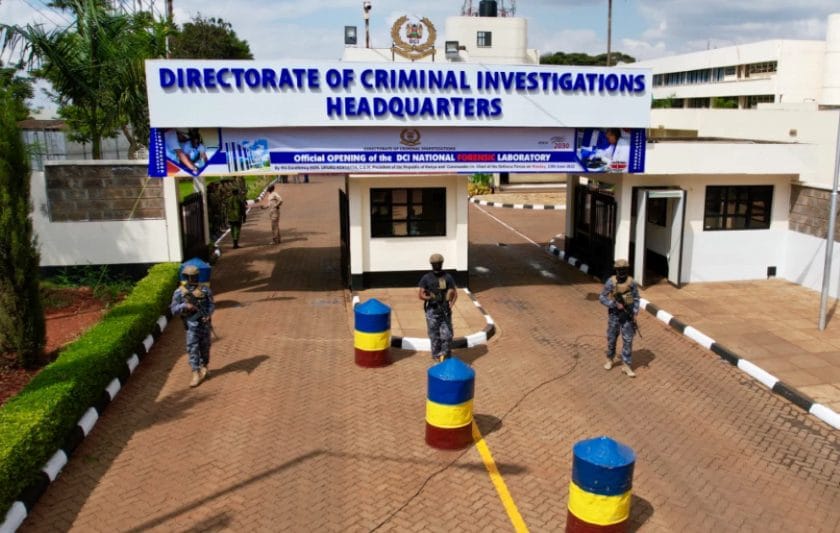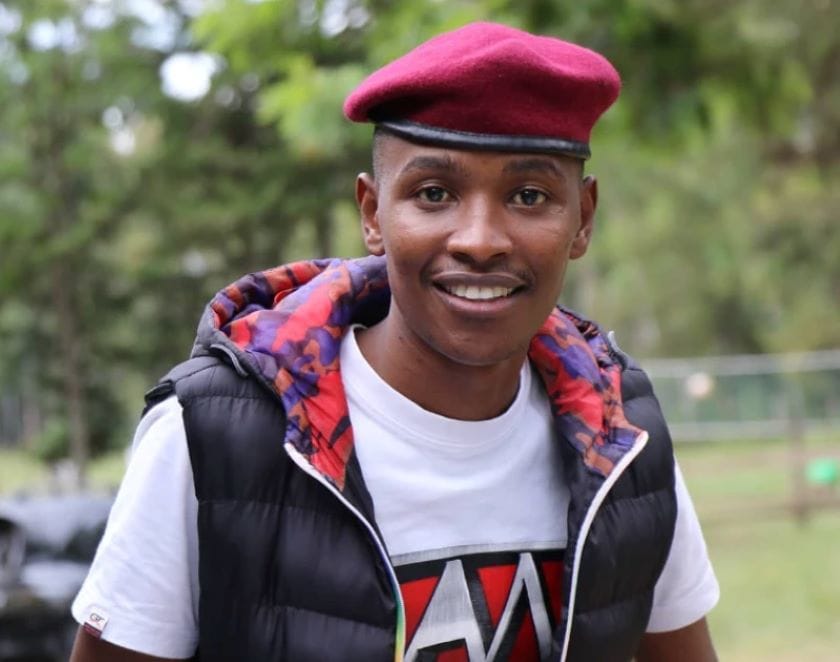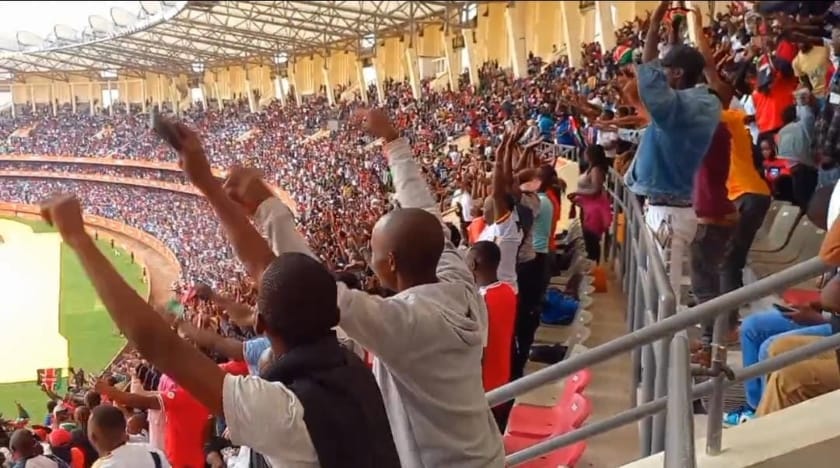You notice it first in the tone: what began as a long, upbeat tour of the United States has turned sharp and urgent. Former deputy president Rigathi Gachagua said on August 14 that he would cut short his US trip to return home and lead his party in upcoming by-elections. He called the visit “very successful and fulfilling,” but added he must come back to prepare the Democracy for Citizens Party (DCP) for the campaign.
The reason for the sudden return is a political storm over comments Gachagua made while abroad. He linked senior Kenyan figures to meetings with Al-Shabaab, and Interior Cabinet Secretary Kipchumba Murkomen publicly demanded a formal record. Murkomen told reporters that Gachagua “must record a statement to tell us exactly which meetings he is having with terrorists.”
That demand matters. Asking a senior politician to record a statement with the Directorate of Criminal Investigations (DCI) starts an official process. It does not mean an arrest, but it can set in motion forensic checks, witness interviews and further legal steps. If the DCI finds evidence, a formal file may follow. If not, the matter may end there. Either way, the move drags the issue into the public eye just as by-election campaigns ramp up.
Gachagua framed his return as political duty.
I had a very successful and fulfilling visit to the United States of America with serious engagements with Kenyans in the Diaspora. I regret being unable to visit the scheduled remaining states since I need to get back home to join our party, DCP, in preparation for the upcoming By-Elections in various parts of our country. – Rigathi Gachagua
Online, reactions were instant and split. Supporters thanked him for meeting Kenyans abroad and urged focus on the campaign. Critics said the timing of the allegations looked political and pressed him to explain.
Thank you for squeezing your time to visit California. We were honored to greet and meet with you. H.E. Rigathi Gachagua, EGH for weeping. May it endure for a night. But Joy comes in the morning. You are favored. Your dawn is here.
— Sarah Njoroge (@visus06) August 14, 2025
I know you are coming to find out whether murkomen will arrest you as he promised.
Remember that all other opposition leaders in East Africa are incarcerated and facing terrorism charges. If your neighbour's is being shaved, put yours water.— LAING'O NKANG'A (@_TheOak) August 14, 2025
Welcome home our truthful son
— Kijana Ya Atwoli ( parody ) (@AtwoliiYa) August 14, 2025
Wait for harambee Stars to win CHAN first. Your coming might hinder their performance.
Meanwhile, while you were away, there were zero abductions.— MUGAMBI AMATHI (@PHIAMAX) August 14, 2025
Gachagua, While you were away, UDA was busy selling fantasies and ODM was polishing excuses.
These by-elections are not about winning, they’re about reminding them that WANTAM is not a slogan, it’s a political mugging in broad daylight.
— Joseph Mbatha (@JosephMbatha_) August 14, 2025








